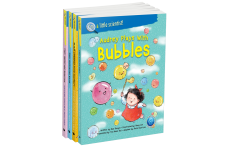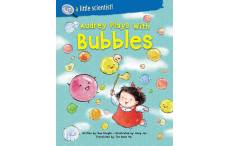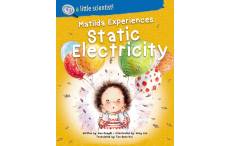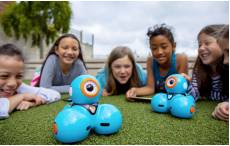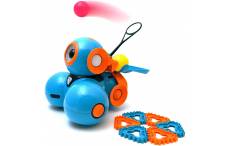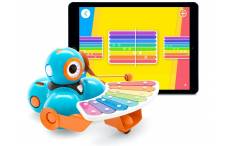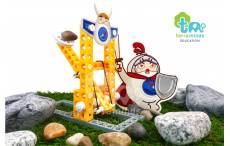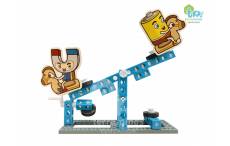
The Benefits of Hands-On Learning
What is hands-on learning?
Hands-on learning in early childhood simply means children learn by doing and experiencing something. Hands-on learning offers more learning opportunities through various activities in our STEM (Science, Technology, Engineering and Math) -related lessons and workshops. Each lesson by Terra Minds has at least one meaningful hands-on activity.
What is good about hands-on learning?
✅ Early exposure further aids children’s development
Hands-on activities support children’s developmental domains such as cognitive, language, social, emotional and self-help. Research has shown that meaningful hands-on STEM activities for children positively impact their perceptions of STEM. Young children require time to explore, create and innovate. This allows them to understand and appreciate the world around them more holistically.
✅ It boosts various developmental skills
Children get to hone their fine motor skills as they manipulate tools and equipment. It also helps to build their critical thinking. Experimenting often requires trial and error. This allows children to learn from mistakes in a practical way. Hands-on learning also supports the various learning styles, mainly: visual, auditory, tactile and kinesthetic.
✅ Allows learning from real experiences
At times, content can be rather abstract for young learners. Through hands-on activities and experiments, children can understand in a realistic manner rather than being told to them.
✅ It keeps children engaged
Children naturally love to play and explore things around them. Play allows them to develop their ability to focus on a task. Unlike electronic devices and screen time, hands-on activities help to increase their attention span. As they grow, focused engagement will still be crucial as they enter challenging and more complex learning environments.
Sources:
Early Childhood Science and Engineering: Engaging Platforms for Fostering Domain-General Learning Skills
Implementing STEAM in the Early Childhood Classroom
The Importance of Play for Young Children







 (
(
